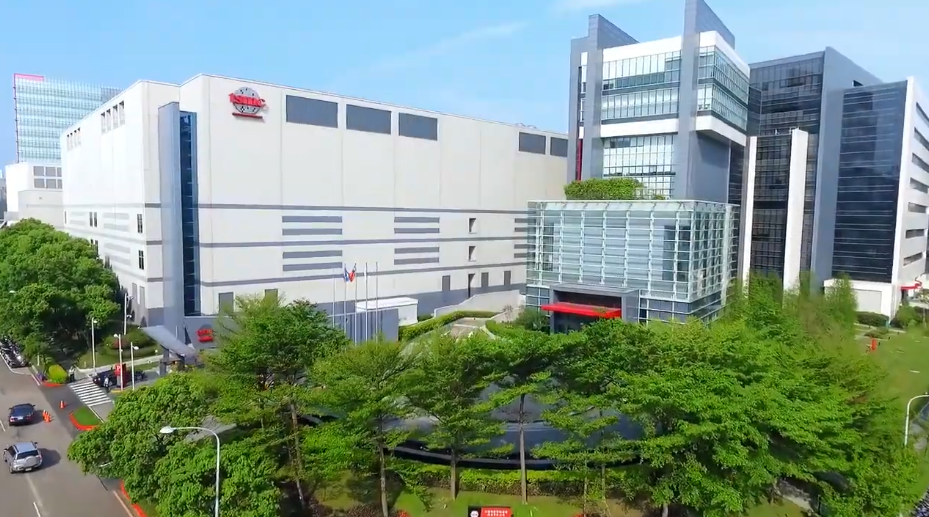 INFRA
INFRA
 INFRA
INFRA
 INFRA
INFRA
Strong demand for artificial intelligence chips helped Taiwan Semiconductor Manufacturing Co. grow its revenue by 40% year-over-year in the second quarter.
The company today reported sales of 673.51 billion New Taiwan dollars, or $20.82 billion, for the three months ended June 30. That’s up from NT$480.84 billion a year earlier. TSMC exceeded the consensus revenue forecast by more than NT$15 billion and topped its own sales guidance as well in the process.
The world’s largest contract chipmaker detailed that more than half of its sales, or 52%, came from its high-performance computing revenue segment. The segment includes, among other products, the AI chips that TSMC manufactures for Nvidia Corp. Smartphones accounted for 33% of sales, 1% less than in the second quarter of 2022.
The five-nanometer manufacturing process that TSMC launched four years ago continues to be its bestselling node. It accounted for 33% of the company’s sales. The node was followed by TSMC’s latest three-nanometer technology, which had a 15% share of revenue in the second quarter. The three-nanometer process launched in late 2022 and has since been adopted by Apple Inc. to make its latest iPhone chips.
The increased demand that TSMC logged in the second quarter helped boost its profitability. The company generated net income of NT$247.85 billion in the three months through June 30, a 36.3% increase compared with the second quarter of 2023. Analysts had expected NT$238.8 billion.
Next quarter, TSMC expects to generate between $22.4 billion and $23.2 billion in revenue. That’s compared with $17.3 billion a year earlier. Chief Executive Officer C.C. Wei said in the company’s earnings call that this growth will be driven by increased demand for smartphone and AI processors.
Customers are ordering AI chips at a faster rate than TSMC can make them. Wei cautioned that it could take up to two years for the company’s manufacturing capacity to catch up with demand. “The supply continues to be pretty tight, all the way through 2025,” he said. “I hope in 2025 or 2026 we can reach the balance.”
The executive detailed that the current supply imbalance is the result of a shortage in CoWoS production capacity. CoWoS is the hardware that TSMC uses to link together the memory and logic, or processing, components of Nvidia’s graphics processing units. The technology connects a GPU’s memory and logic modules by placing them on a common base layer called an interposer that is itself a semiconductor.
Wei revealed that TSMC has more doubled its CoWoS production capacity in the past year to address demand. The company could double it again this year, he added. In parallel, TSMC is working to roll out its latest two-nanometer manufacturing process, which is expected to come online next year.
In 2027, TSMC plans to introduce an even more advanced node that will use so-called system-on-wafer technology. The technology makes it possible to create processors the size of an entire silicon wafer. Startup Cerebras Systems Inc. uses a system-on-wafer node that TMSC launched in 2020 to make its flagship WSE-3 machine learning chip, which features 4 trillion transistors.
The next-generation node that TSMC plans to introduce in 2027 is set to introduce several major improvements. Most notably, it will provide the ability to integrate wafer-scale chips with other semiconductor modules during manufacturing. TSMC envisions customers using the node to equip their supersized processors with HBM memory, a type of high-speed RAM used by GPUs to store AI models’ data.
Support our mission to keep content open and free by engaging with theCUBE community. Join theCUBE’s Alumni Trust Network, where technology leaders connect, share intelligence and create opportunities.
Founded by tech visionaries John Furrier and Dave Vellante, SiliconANGLE Media has built a dynamic ecosystem of industry-leading digital media brands that reach 15+ million elite tech professionals. Our new proprietary theCUBE AI Video Cloud is breaking ground in audience interaction, leveraging theCUBEai.com neural network to help technology companies make data-driven decisions and stay at the forefront of industry conversations.